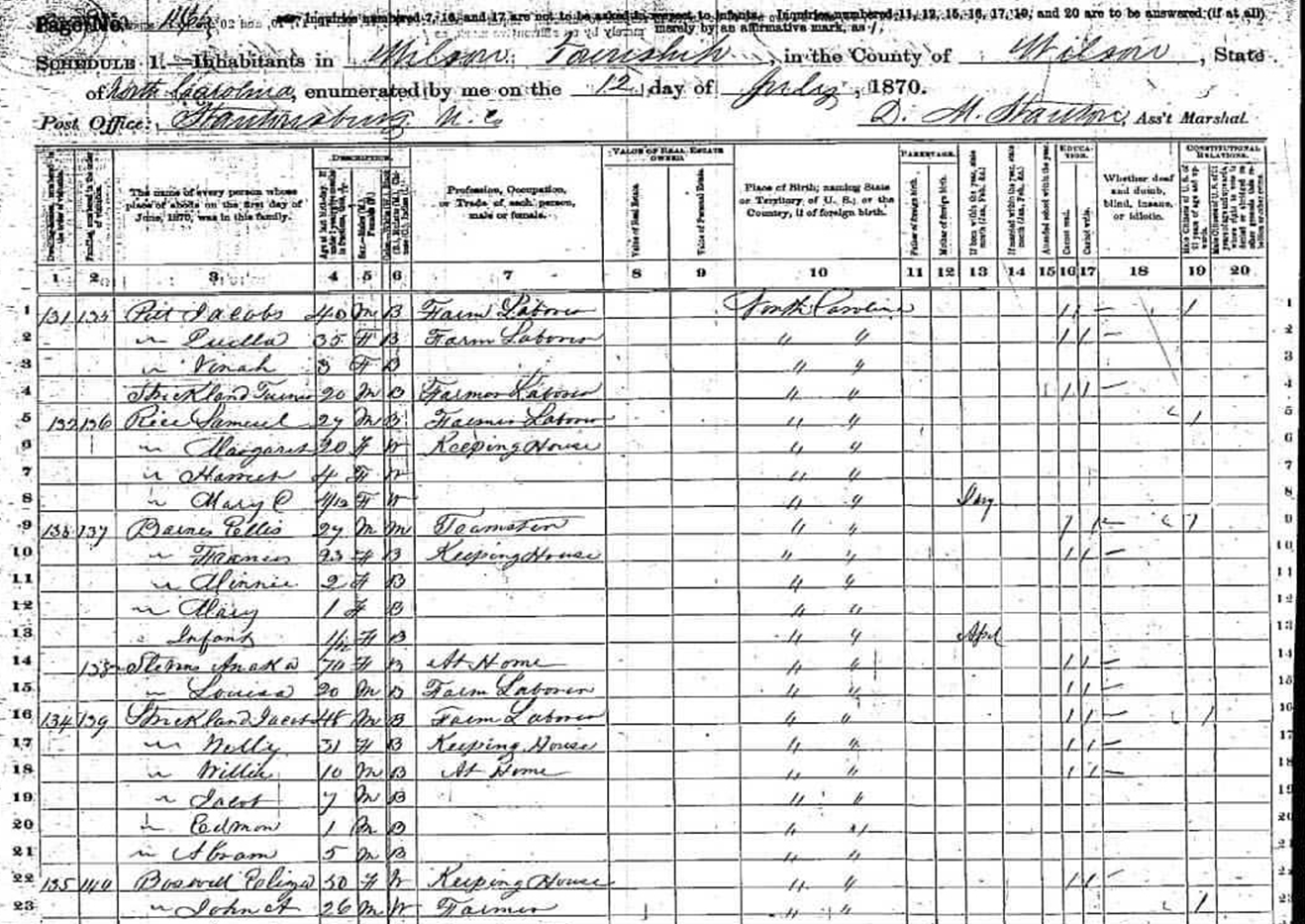On Friday, Dr. Marlin Barber spoke to Ozarks First news about the historical significance of Juneteenth to America’s African-American community.
The Invisible Celebration
Ralph Ellison’s Invisible Man is about an individual in the early(ish)-twentieth century United States who navigates America as a nameless, colorless, cultureless individual. The main character, who in reality is a Black man, is in essence invisible to white America. Ignored in an intolerant and culturally blind nation. That is, until discord/protests/riots/crime occurred. Then, the main character took center stage as the police sought his capture.
Interestingly, Ellison’s novel received applause when it was published in the early-1950s as not only an indictment of America’s cultural blindness, but as a warning to America.
Arguably, Black American cultural characteristics have largely been ignored through much of America’s history, however, this reality is beginning to change. With recent protest over the deaths of numerous unarmed individuals, such as George Floyd and Brionna Taylor, either in police custody, being apprehended, or just due to police errors, the eyes of the world have turned to America’s Black cultural past. Many non-Black Americans were exposed to Juneteenth for the first time this year. June 19 has been celebrated in many Black American communities for decades as a day of freedom and is the longest celebrated holiday in those communities of the end of enslavement in the United States. See, June 19, 1865 was the day when Major General Gordon Granger informed the last group of enslaved Americans that they were indeed freed from permanent bondage in accordance with President Lincoln’s Emancipation Proclamation, issued two years prior in January 1863. For those individuals and their families it was a day of jubilee! A day of celebration! Their chains had finally been broken.
Since Texas was in open rebellion against the United States and had joined the Confederacy Lincoln’s proclamation that enslaved persons held by those in open rebellion against the United States were declared free was irrelevant. Texas, like other states that had rebelled, did not recognize U.S. laws or the President of the United States as governing them. Therefore, individuals in those states did not inform enslaved individuals of the mandate. In reality, Lincoln’s Emancipation Proclamation did not really free anyone from Bondage as it also did not apply to slaveholders loyal to the United States. But for those individuals in Galveston and for millions of others that June day became symbolic of the end of enslavement in the United States and has been celebrated ever since.
With that change, Black Americans were free to reunite with family members, build communities, and pursue opportunities previously denied due to an enforced status. Their lives would remain difficult as they also would face the breakdown and failures of Reconstruction, Jim Crow Segregation, discriminatory economic, political, and social practices during the nineteenth, twentieth, and twenty-first centuries. However, they continued to celebrate Juneteenth as their day of Independence. A day they were truly free of bondage in America.
Recent political upheavals in the United States over the deaths of Black Americans has contributed to a centering of Black American life, which has always been there, just largely ignored. Perhaps it was ignored because enslavement is such a stain on the United States? Perhaps, because enslavement on such a large scale occurred long ago and only to one group of people? Regardless, Juneteenth is a celebration of freedom from bondage, family, community, and independence in America. One can only hope that it remains visible in America.
Dr. Marlin Barber

